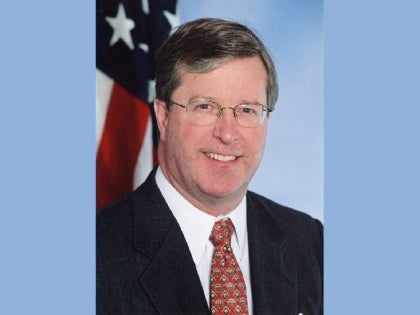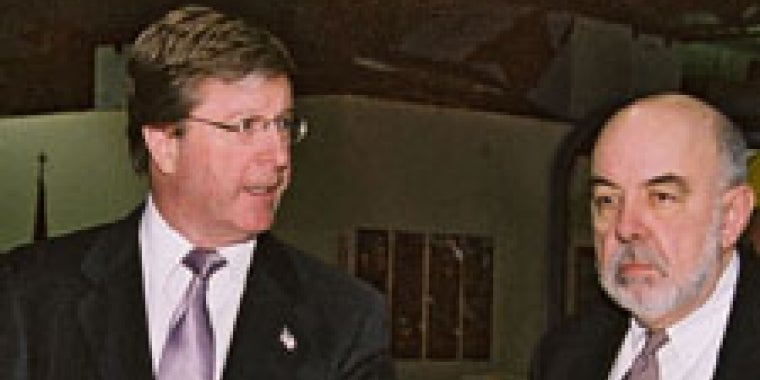
March is National Kidney Month

It’s often called the “silent killer” and that fact alone is the driving force behind the month of March being designated as National Kidney Month in America, as well as for “World Kidney Day” on March 12.
The National Kidney Foundation estimates that 26 million American adults have chronic kidney disease (CKD), but the truly striking fact is that most of these adults were unaware they had the disease until it reached an advanced stage.
Therein lays the danger: you can suffer from chronic kidney disease without even knowing you have it until it’s reached the point where it poses a serious and potentially fatal threat to your health.
So I’ll take this opportunity to share a few specific thoughts at the beginning of National Kidney Month:
1.) A local angle. I’m proud to be joining Assemblyman Jim Bacalles (R-C-I, Corning) to help support and promote a kidney health screening being conducted by the National Kidney Foundation (NKF) Serving Upstate New York in Bath on Saturday, March 14, 2009. The free screening will be held at the First Presbyterian Church, located at 6 East Morris Street, from 10:00 a.m. to 1:00 p.m. It’s being sponsored in conjunction with the Bath-based Centenary United Methodist Church.
Assemblyman Bacalles and I are grateful to be on board with this incredibly valuable health screening. Early detection is critical to the effective treatment of the disease and the quality of life for patients.
The free checkups being offered on March 14th are valued at over $300 per person. If you qualify for the full screening, which takes approximately 45 minutes, it includes a blood pressure reading, cholesterol check, glucose check for diabetes, and blood and urine tests for kidney disease.
To find out if you qualify for a full screening and to register, contact Kathy Putnam at the United Methodist Church at 607-776-3434.
2.) Who should be most interested in a checkup like this one? The primary risk factors for kidney disease include diabetes, high blood pressure, cardiovascular disease, a family history of kidney disease, and age over 60. Secondary risk factors include obesity, autoimmune diseases, urinary tract infections, systemic infections, and kidney loss, damage, injury, or infection. These factors put you at particular risk for developing kidney disease, but everyone should be aware of the following warning signs: feel more tired and have less energy; trouble concentrating; poor appetite; trouble sleeping; have muscle cramping at night; swollen feet and ankles; puffiness around your eyes, especially in the morning; dry, itchy skin; and the need to urinate more often, especially at night.
3.) The following statement from the head of the National Kidney Foundation, John Davis, speaks volumes about the issue of kidney care and transplant in America, “The national transplant waiting list hit 100,000 this year for the first time. Most of the people on this list will wait too long for an organ and too many will die while waiting. We’ve decided to meet this core challenge head on and lead a broad-based initiative that will eliminate barriers to donation, institute best practices across the country, cover the cost of donation and increase the pool of living and deceased donors.”
This new NKF donor initiative is being called END THE WAIT! To find out more, click here.

